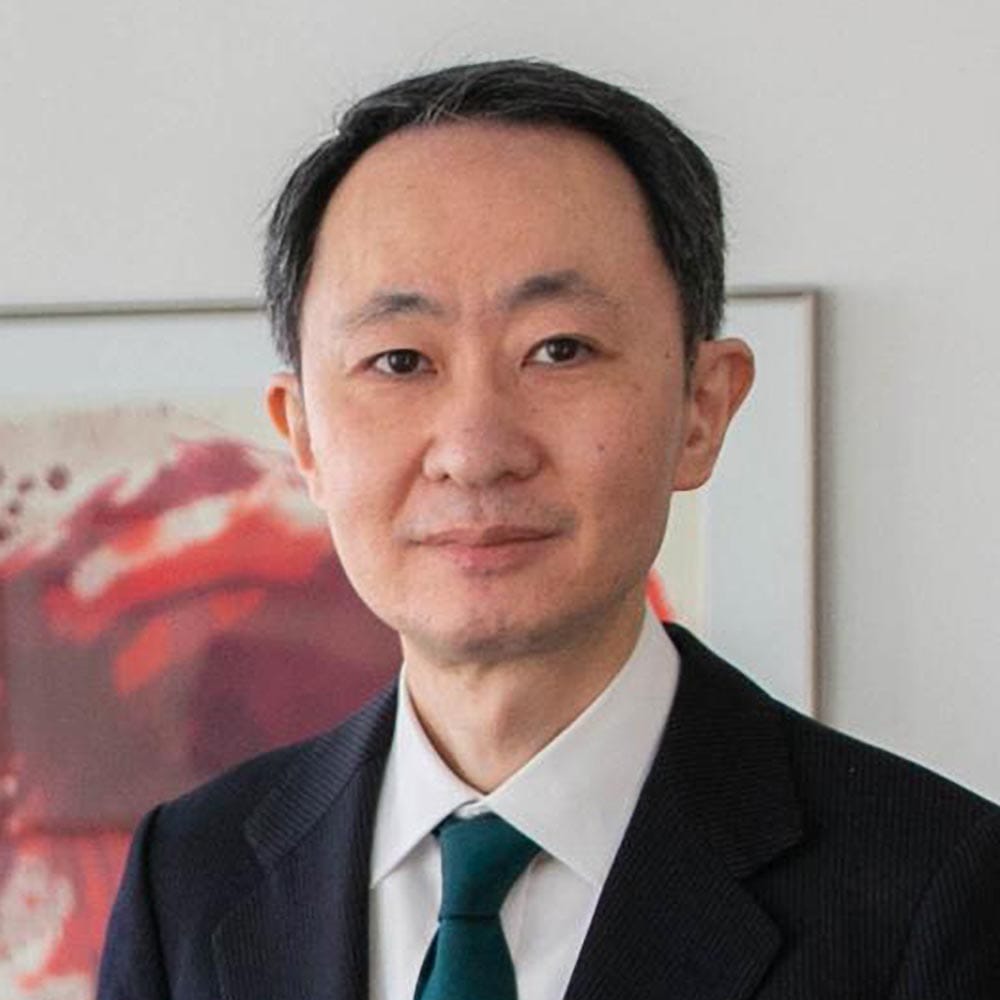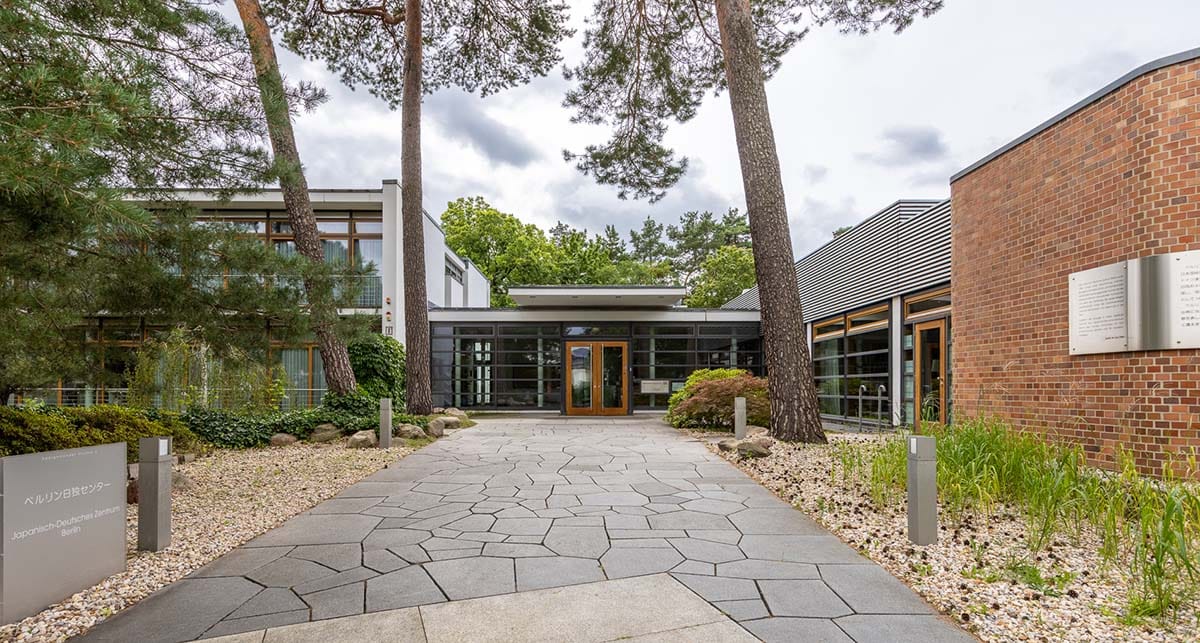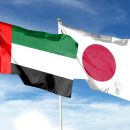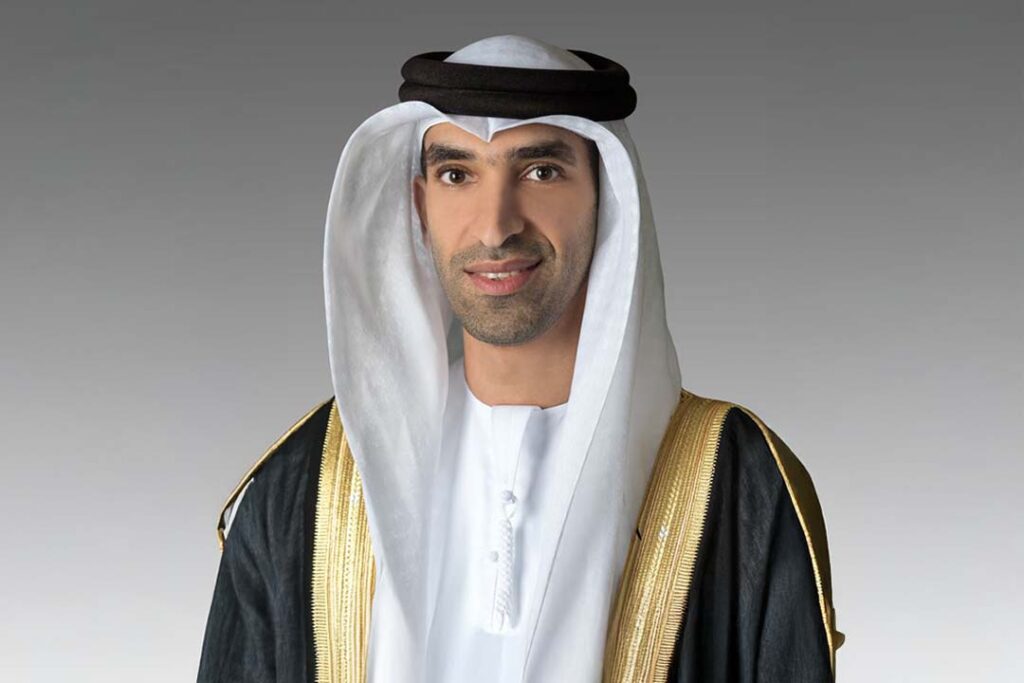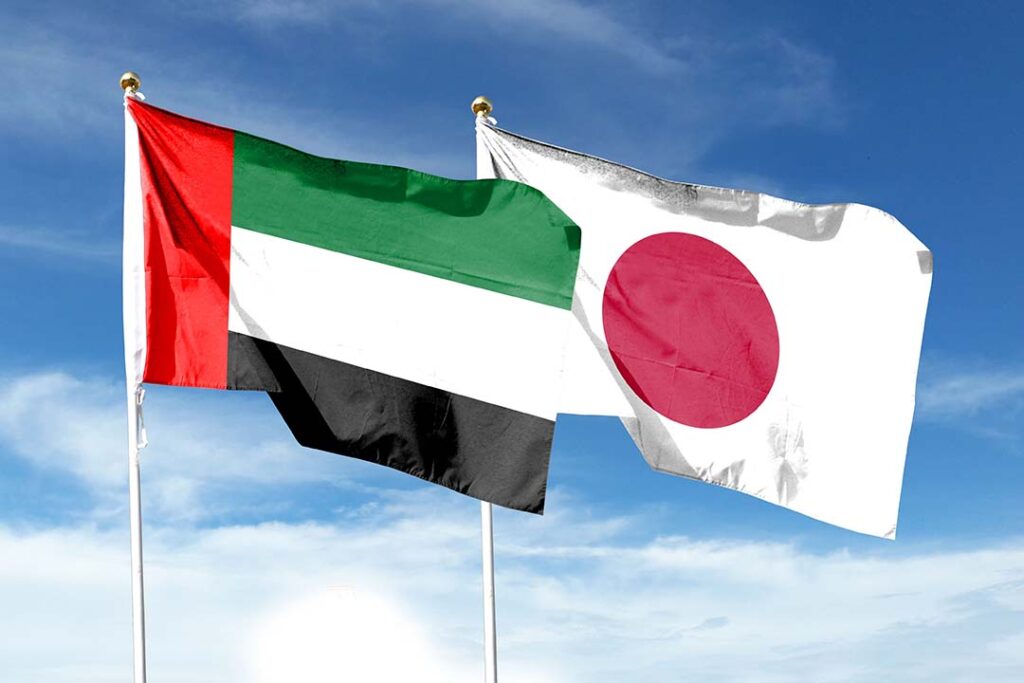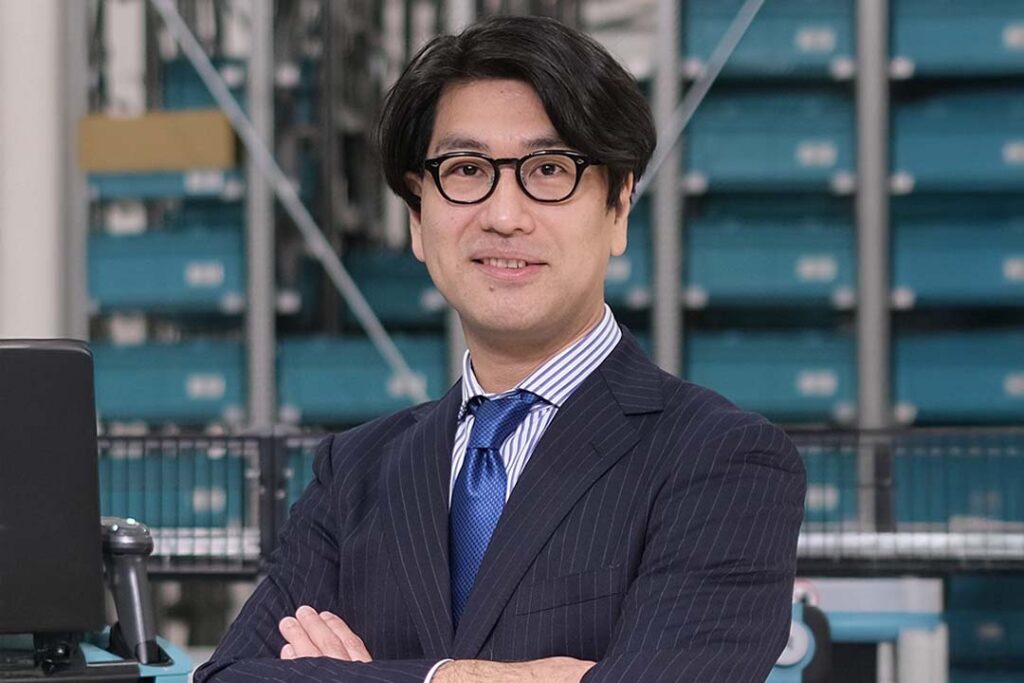In anticipation of its 40th anniversary in 2025, the Japanese-German Center Berlin (JDZB) continues to strengthen ties between Japan and Germany through cultural exchange, economic collaboration, and international dialogue. Kenji Matsumoto, Deputy Secretary General of JDZB, shares insights on the center’s initiatives, achievements, and vision for the future.
“The Japanese-German Center Berlin (JDZB), celebrating its 40th anniversary in 2025, plays a key role in enhancing Japanese-German relations by organizing symposia and workshops on the latest topics of bilateral interest, cultural events and exhibitions, exchange programs, as well as by offering language courses. JDZB’s ongoing commitment to international dialogue and investment in future generations not only strengthens ties across various fields but also fosters friendship and mutual understanding, which are essential for a sustainable relationship between Japan and Germany as partners that share similar values in the face of current global uncertainties.”
What are the key initiatives and goals of JDZB in fostering Japanese-German relations? How has JDZB’s work impacted the cultural and economic exchanges between Japan and Germany?
The key initiatives and goals of the Japanese-German Center Berlin (JDZB) in fostering Japanese-German relations are rooted in its mission to promote and deepen exchanges in the fields of economy, politics, society, and culture. Established in 1985 at the initiatives of the then German and Japanese Prime Ministers, JDZB aims to contribute to the international community by facilitating cooperation between the two countries and beyond. To achieve this, JDZB serves as a platform and organizes a wide range of projects, including symposia and round tables, cultural events and exhibitions, exchange programs, and language courses often in cooperation with public and private institutions of both countries.
The key initiatives and goals of the Japanese-German Center Berlin (JDZB) in fostering Japanese-German relations are rooted in its mission to promote and deepen exchanges in the fields of economy, politics, society, and culture.
Kenji Matsumoto, Deputy Secretary General of JDZB
Could you share any recent achievements or projects that highlight JDZB’s contributions?
At our networking events such as #OpenMondays, we welcome several hundred guests to the JDZB every month. Thanks to a new state-of-the-art video conferencing technology, we have been able to extend our reach even further and connect effortlessly with experts from Japan. In this way, we regularly exchange views on future topics of mutual interest, i.e., how to deal with global megatrends such as digital transformation, climate change or demographic change, and of course security issues are also high on our agenda. This year, for example, we organized symposia on the future of democracy, sustainable food, and how to cope with loneliness. We serve as the secretariats for the German-Japanese Forum with outstanding experts from politics, business, academia, and the media as well as for the German-Japanese ‘Track 1.5’ Security Dialogue—both projects also include public sessions. We offer exchange programs for young scientists, young leaders, young professionals, and young volunteers. Another highlight is an exhibition ‘Light and Flavor of Japan’ with photographs by Donata and Wim Wenders, which we will present at the JDZB until the end of this year. What makes JDZB special is that we pursue a holistic approach and promote exchange in politics, business, and society.

